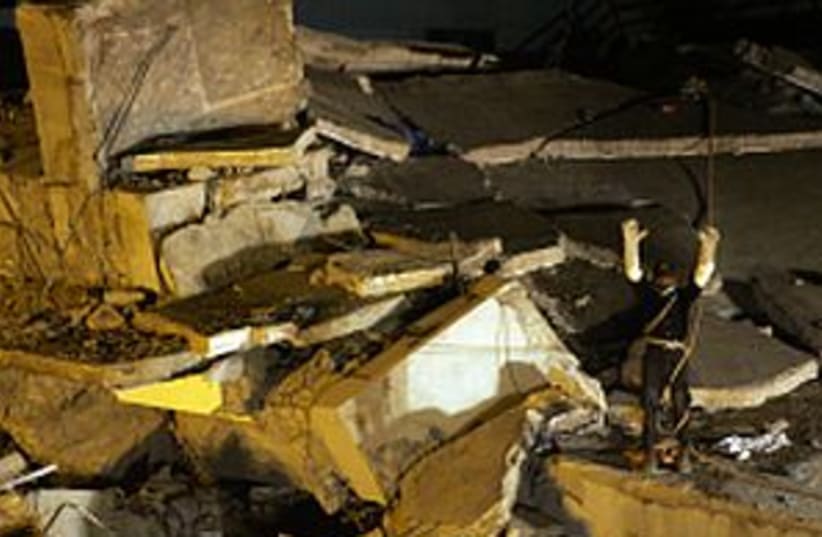| More about: | International Red Cross and Red Crescent Movement, World Health Organization, United Nations, United States |
Aid slow to reach quake victims
Pakistan: Bad weather impedes aid workers; official estimates 35,000 dead.


| More about: | International Red Cross and Red Crescent Movement, World Health Organization, United Nations, United States |